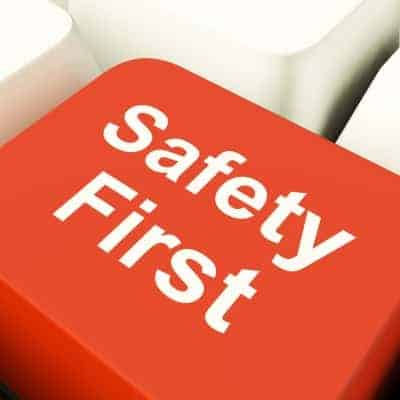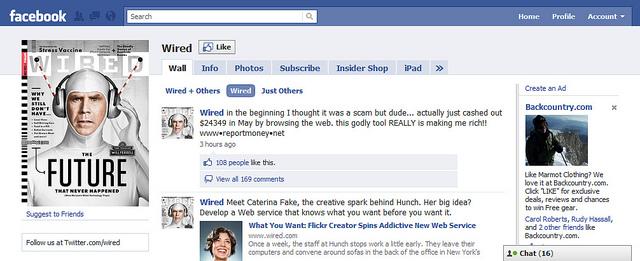
Photo credits: Roy Scribner
Now that most of the entire planet is using Facebook, with over one billion users to date, there have developed some common issues which are a threat to everyone. Scams and hoaxes have always existed, and have always plagued the Internet, but the ones on Facebook seem to catch a lot of suckers. Don’t be one!
From spreading viruses and malware, to hacking your Facebook account to delete it or send out spam with it, to data mining, to the spread of misinformation and more, scams and hoaxes are extremely common and prevalent on Facebook. There are ways to protect yourself and use common sense to avoid Facebook scams and hoaxes. Read on and learn how to be safe on Facebook!
There’s an App for That
- Apps that you sign up for via Facebook are not always approved by anyone, particularly not by Facebook.
- Sometimes these apps exist for the only purpose of spreading computer viruses, worms, and other malware.
- The signup process for many apps has you revealing personal information and passwords that can come back later and bite you in your online butt.
- With this information you can be marketed to, at the least. And you can also be setting yourself up to have your Facebook account hacked or even your identity stolen.
Game, Game, Go Away
The most commonly used Facebook apps are in-system games.
- Whether you are tending your virtual farm or fighting off the zombie horde, these games, like other Facebook apps, are often a tool to gather information about you and other users.
- In the same way a third party app can spread malware and mine data, Facebook games are vulnerable and make you so as well.
Nope!
We have all had the random stranger attempt to “Friend” us on Facebook.
- Sometimes this is just a hookup attempt, but sometimes it is a bot or hacker looking to cause some harm.
- If you do not know someone attempting to be your Facebook Friend, and you have no Friends in common, it is best to decline. If it’s that important, they will find another way to connect.
When in Doubt, Check It Out
Hoaxes and misinformation is rampant on Facebook.
- Another universal Facebook experience is seeing the re-posting and reposting of satirical sites and prank sites as though their information was fact and not well crafted humor.
- Before spreading possible misinformation yourself, take a moment before you hit “Share” and Google the information. If someone says payroll systems are evil, for example, you’ll want to check before you spread the information.
- Many people use the fact-checking site Snopes, and others feel they don’t know what’s up either. Your mileage may vary.

Image courtesy of Stuart Miles / FreeDigitalPhotos.net
Stay Safe Out There!
Now that you know what kind of scams and hoaxes are waiting for you on Facebook, hopefully you can and will take the precautions to avoid them. Most solutions to online problems include common sense and not trusting strangers. Just like the rest of life, if it sounds too good to be true online, then it’s usually too good to be true! 😀
Author Bio:
Maegan Pulman is a freelance IT consultant and technology enthusiast. She is active in local and international IT events and is always on the lookout for the latest industry trends.


 The most commonly used Facebook apps are in-system games.
The most commonly used Facebook apps are in-system games. We have all had the random stranger attempt to “Friend” us on Facebook.
We have all had the random stranger attempt to “Friend” us on Facebook. Hoaxes and misinformation is rampant on Facebook.
Hoaxes and misinformation is rampant on Facebook.
